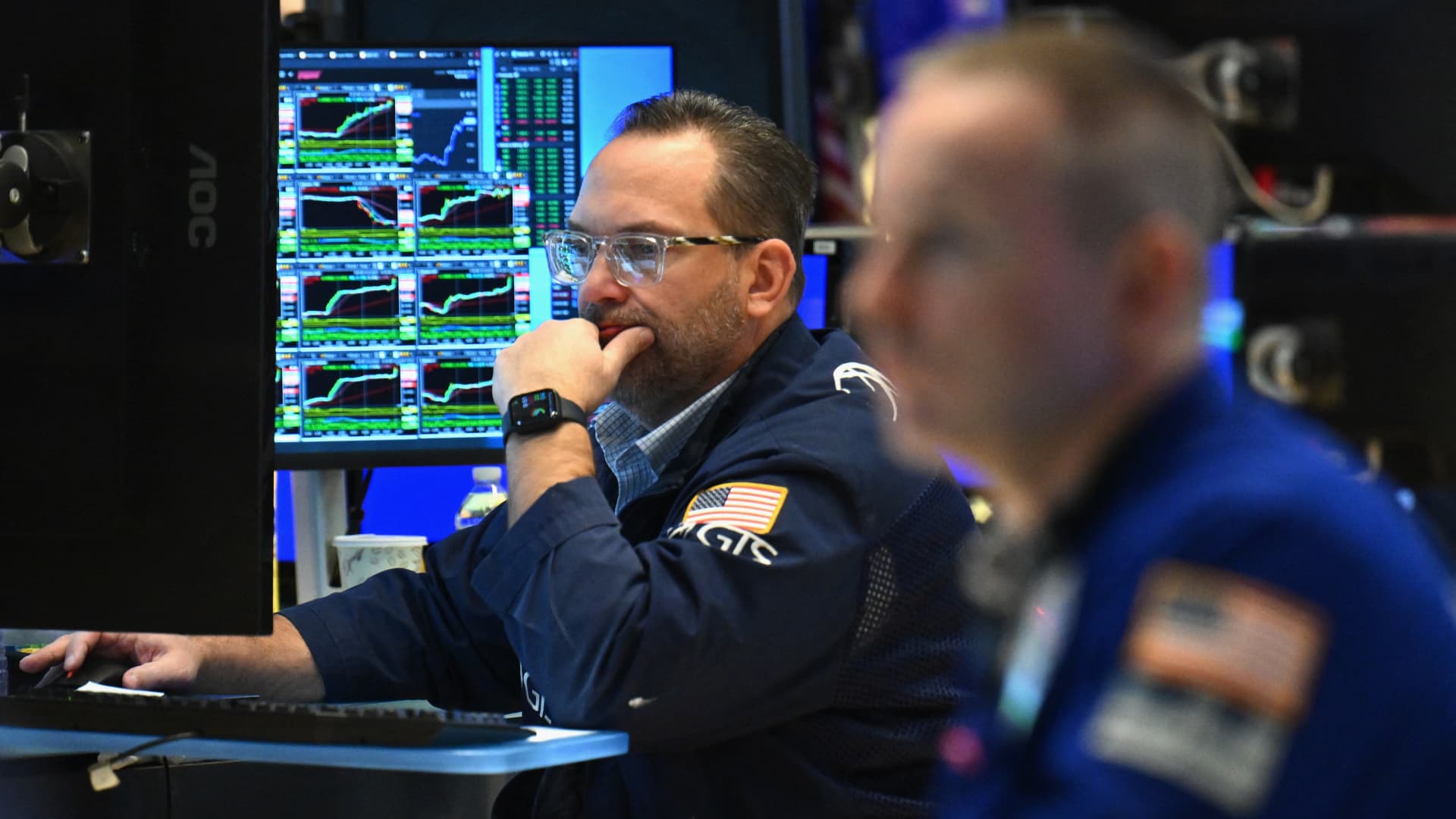
The road ahead is getting tougher for a shrinking breed of investors on Wall Street — short sellers. The group of investors who bet against companies hoping their stocks will fall suffered more than $145 billion in losses this year, according to an Ortex analysis of short interest in 1,500 U.S. stocks. Meanwhile, the number of activist short campaigns initiated globally still hasn’t recovered to pre-pandemic levels, totaling 110 this year, according to Diligent Market Intelligence. That’s nearly 40% below the number of campaigns in 2019. Short sellers aim to profit by selling borrowed shares and buying them back later at a lower price. They are often regarded as financial detectives necessary to help monitor public markets. But a decade of ultra-low interest rates extended the runways for struggling companies, making short sellers wait longer for their bets to be lucrative, if ever. During the past year, interest rates have surged to the highest level since 2007, but surprisingly stocks have defied every bearish thesis with the S & P 500 climbing more than 20% in 2023. Moreover, speculative trading is still prevalent even after the meme stock mania of 2021. “It obviously has been tough to fight against the beta that we’ve experienced since the financial crisis,” Carson Block, founder of Muddy Waters Capital, said on CNBC’s ” The Exchange ” recently. Short sellers “always were used to seeing their theses materialized within one or two quarters… We’re not in that environment anymore.” The most symbolic illustration of the sector’s woes came when legendary short seller Jim Chanos, renowned for calling Enron’s demise, in November decided to convert his hedge funds to a family office after nearly four decades. Even though Chanos still believes that this is a golden age of fraud with plentiful short selling opportunities, he had to concede that his business model is no longer profitable. “It is no secret that the long/short equity business model has come under pressure, and interest in fundamental stock pickers has waned,” Chanos told his investors. Third Point’s Dan Loeb, who dodged the GameStop short squeeze , admitted that he has reduced single stock short exposure as the environment for short sellers has grown “much more challenging than it has been historically.” “Fundamental analysis is increasingly taking a back seat to monitoring daily option expiries and Reddit message boards, as evidenced by the numerous short squeezes and manipulations of heavily-shorted stocks such as AMC and Gamestop in 2021 and others this year,” Loeb wrote in an investor letter in August. Adding to short sellers’ pain is increased regulatory pressure. The Securities and Exchange Commission finalized a new rule in October requiring many hedge funds and other big investors to report gross short positions at the end of every month. Hedge fund are currently challenging the rule in federal court, saying the new disclosure requirements are “contradictory and incoherent.” Profitable players Still, there have been successful short-selling campaigns this year. Bill Martin of Raging Capital Ventures stood out as the “big short” during this year’s banking crisis as he bet against Silicon Valley Bank before its collapse. Another lucrative short seller this year is Hindenburg Research, which took a public short position in Carl Icahn’s Icahn Enterprises last May, alleging “inflated” asset valuations, among other charges. The bet has been presumably been hugely profitable as Icahn’s conglomerate saw shares plunge 65% this year, becoming the worst performer among U.S. companies with a market cap of $5 billion or more, according to FactSet.
